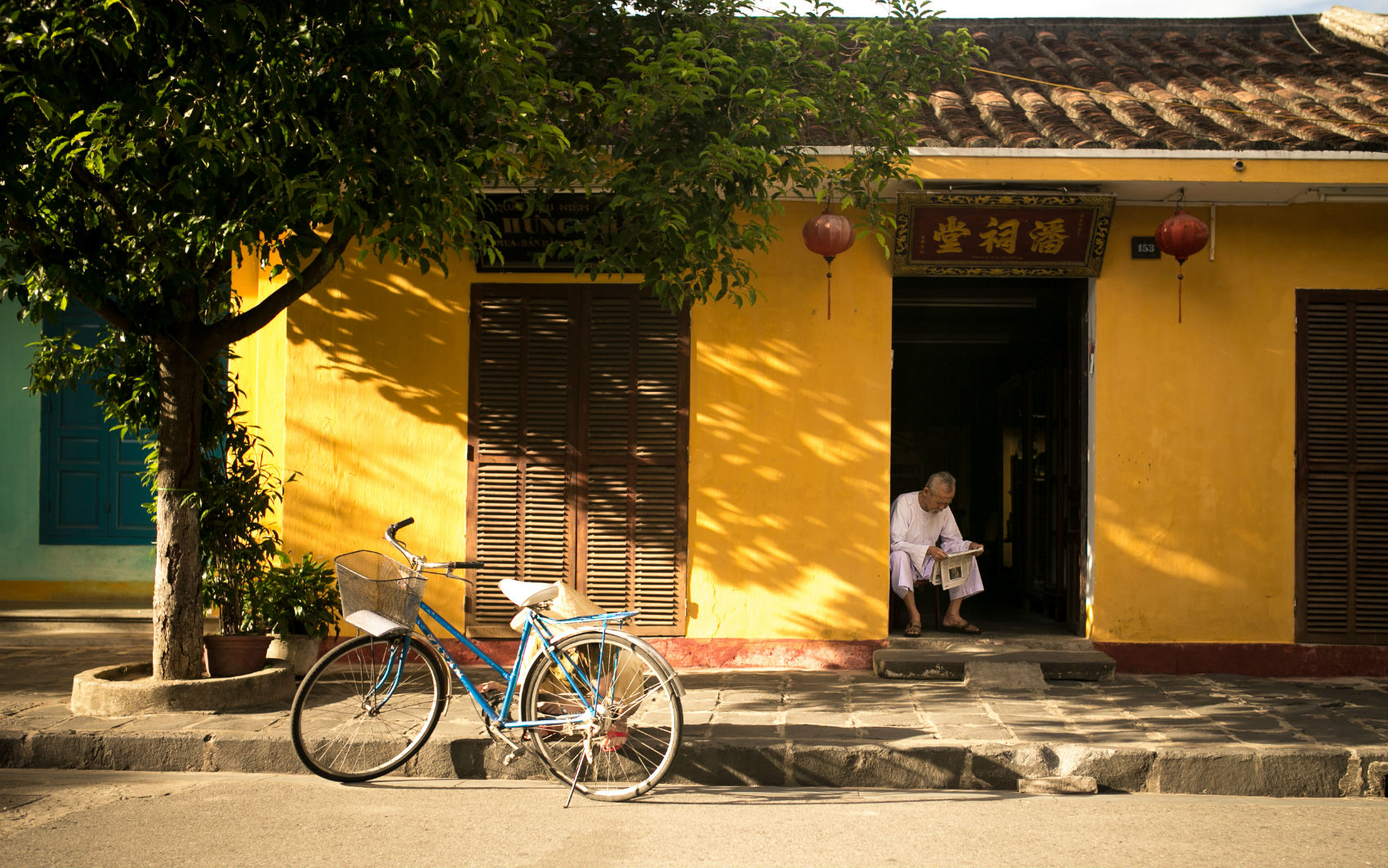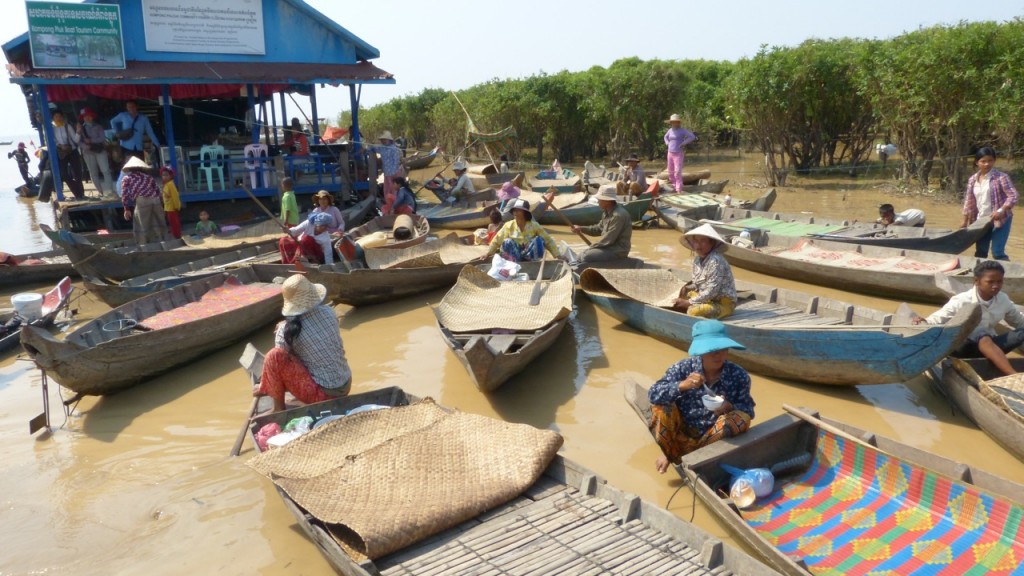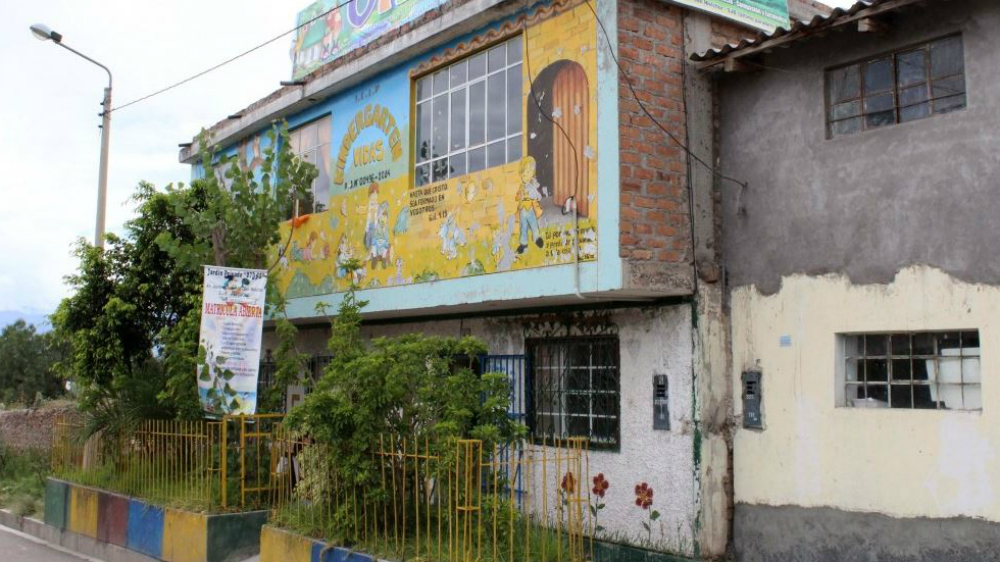Why am I here?
Throughout my three months here in Senegal on SST, I have gotten this question from a wide range of people in a variety of forms. My place here doesn’t fit into any of the pre-existing, easily understood boxes; I am not a traditional exchange student, I am not a missionary, I am not moving here permanently. My answers to these queries of my reason for being in Senegal have never quite satisfied my listeners, and have not satisfied me either.
Why am I here?
Why have I spent the last 3 months in a foreign, developing nation where both the languages and culture were previously unfamiliar to me? In my first week or two, my only answer was that I was fulfilling a graduation requirement and expanding my worldview. I vowed to continue to ponder this puzzle, and while I am still thinking, I believe I have arrived at much more of a response.
I am here to be. I am here to be a listener, be a participant, and be open to learning and growth. It is difficult at times to accept that I have the privilege to live a different life for 3 months and then return to my comfort. It is difficult to accept that I have spent this much time here but have not done anything visibly constructive to help this land that has welcomed me.
I have come to realize that there there is value in projects and action, but being able to act wisely and conscientiously first requires understanding. And wisdom and understanding are only gained through time, experience, and thoughtfulness. SST has opened this door of understanding wider for me, helping me to see and think more clearly without biases and assumptions.
I have learned the value of seeing with my heart, turning the world inside-out so that it can be right-side up. I have found that all the reasoning and logic in the world mean nothing if they are not joined with caring for others and looking with love. All the cultural differences — religion, food, homes, dress, language — become beautiful in their diversity when you learn to connect with the intangibles of a place, such as hospitality, love of family, and emphasis on community.




